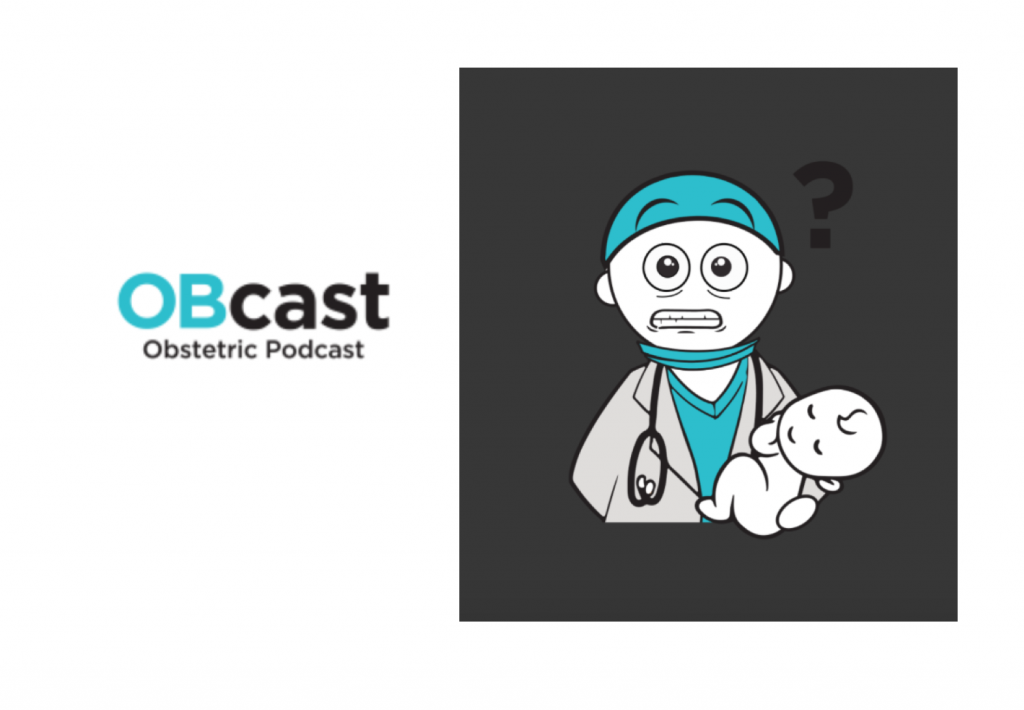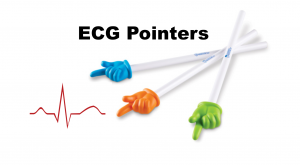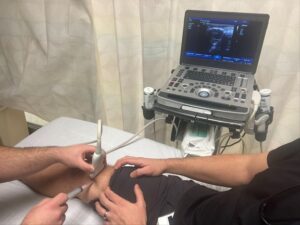Author: Ben Shepherd, MBBS FACEM DRANZCOG (Adv) (@OBCast, Emergency Physician Wollongong & Shoalhaven Hospitals NSW Australia) // Edited by: Alex Koyfman, MD (@EMHighAK); Brit Long, MD (@long_brit); and Manpreet Singh, MD (@MprizzleER)

emDocs is proud to host posts from Ben Shepherd, creater of OBCast. From Ben: “During my emergency medicine specialist training I spent time training towards and working as a rural GP obstetrician. It remains some of the most enjoyable and rewarding time I have spent in medicine. Coming back to emergency medicine it is obvious that my colleagues are often uncomfortable managing pregnancy-related problems, particularly those in the latter stages. The goal of ‘OBcast’ is to provide clear and practical information for ‘the reluctant obstetrician’ (emergency physician, rural GP) and improve confidence and the quality of care these families receive during what is both a stressful and wonderful time of their lives.”
This edition of OBCast looks at the all-too common nausea and vomiting in the pregnant patient.
https://obcast.net/wp-content/uploads/2019/04/Nausea-Vomiting-in-Pregnancy-NVP.pdf
Nausea and Vomiting in Pregnancy
- Common
- 80% of women will experience some degree of NVP
- Can have big impact on quality of life
- Can recur in subsequent pregnancies
- Hyperemesis Gravidarum
- <1% pregnancies
- Varied definitions, but essentially severe NVP PLUS:
- Continued NVP despite oral/sublingual antiemetics
- >5% weight loss
- Ketonuria
- Electrolyte disturbance
Other causes / precipitants to consider
- Pregnancy: Multiple Gestation, Gestational trophoblastic disease
- UTI
- GI causes: Gastroenteritis, Dyspepsia, Cholecystitis, Hepatitis, Pancreatitis
- Neurological causes
- Drug-induced
Management Principles
- Diet-modification
- Empty stomach may exacerbate: Eat less, more often, before or as soon as hungry
- High Carb, Low fat
- Salty, bland, dry
- Fluids/Antiemetics
- PO, SL, IV, and PR options across multiple classes
- Fluid Rehydration
- PO if possible: cold, clear, and carbonated – small amounts more frequently
- IV as rescue option in severe cases
Simple Management Algorithm
- Initial question: can the woman tolerate oral fluid / medications?

Other Things to consider
- VTE prophylaxis if admitted (as they tend to be worse and at higher risk)
- Thiamine if prolonged
Indications for admission
- Severe dehydration/AKI/electrolyte disturbance
- If hypokalaemic – check ECG
- QTc prolongation can be exacerbated by many antiemetic medications
- Severe NVP with ongoing inability to maintain oral hydration despite treatment
- Co-morbid cause requiring inpatient therapy
- Establish NG/NJ nutrition or TPN







